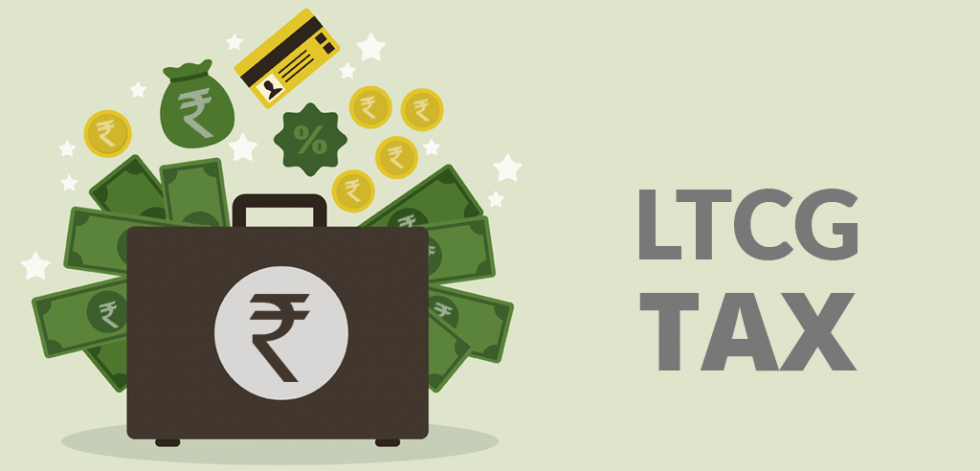The Union Budget 2024 delivered a significant blow to equity investors with the introduction of a higher Long-Term Capital Gains (LTCG tax )rate. This move has sparked widespread debate and concern among investors and market experts.
What is LTCG Tax
Long-Term Capital Gains (LTCG) refers to the profit earned on the sale of capital assets held for a specified period, typically exceeding one year. These assets can include various categories, such as:
- Shares and Stocks: This includes holdings in companies listed on the stock exchange. Investors can buy shares at a specific price and sell them later at a higher price, pocketing the difference as capital gains.
- Mutual Funds: These are investment vehicles that pool money from multiple investors and invest it in a basket of securities like stocks, bonds, or commodities. When a mutual fund unit is sold at a profit compared to the purchase price, it results in LTCG for the investor.
- Real Estate: Profits earned from the sale of land or property held for more than a year are classified as LTCG. Factors like location, property type, and market conditions can influence the amount of LTCG generated.
- Jewelry: While not as common as other asset classes, jewelry held for more than a year and sold for a profit can also be subject to LTCG tax.
The Tax Hike
Prior to the Budget 2024, the LTCG tax rate on equity and equity-oriented funds was 10% with a Rs. 1 lakh indexation benefit. However, the new budget has brought about the following changes:
- LTCG tax rate increased: The LTCG tax rate has been hiked from 10% to 12.5% for all financial and non-financial assets.
- Indexation benefit removed: The indexation benefit, which allowed investors to adjust the purchase price of an asset for inflation, has been eliminated.
Implications of the LTCG Tax Hike
The combined effect of the increased LTCG tax rate and the removal of indexation benefits is substantial. Investors holding long-term investments will now pay a higher tax on their gains. This is likely to dampen investor enthusiasm and discourage long-term investments.
Key impacts of the LTCG tax hike:
- Reduced after-tax returns: Investors will experience lower returns on their long-term investments due to the higher tax rate.
- Shift in investment preferences: The hike may lead to a shift in investor preferences towards other asset classes, such as debt or real estate, which might offer better tax benefits.
- Potential impact on market liquidity: Reduced investor interest in equities could impact market liquidity, leading to increased volatility.
The government has justified the LTCG tax hike as a measure to broaden the tax base and improve revenue collection. However, critics argue that the move could stifle long-term investments, which are crucial for the growth of the Indian economy.






